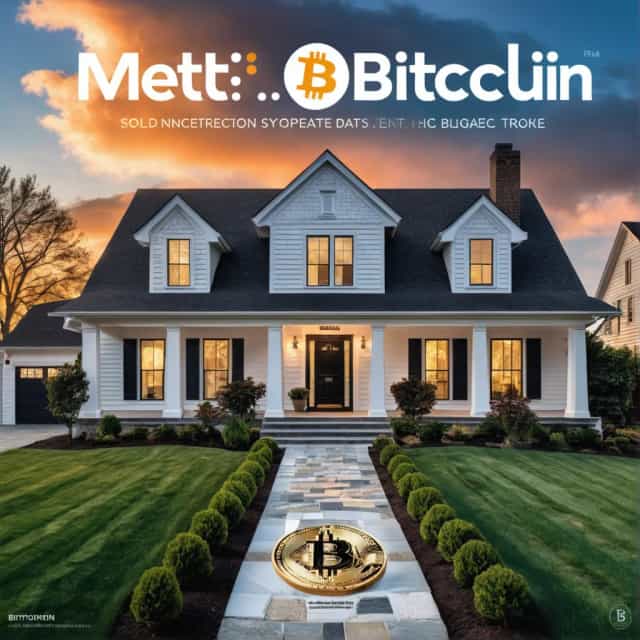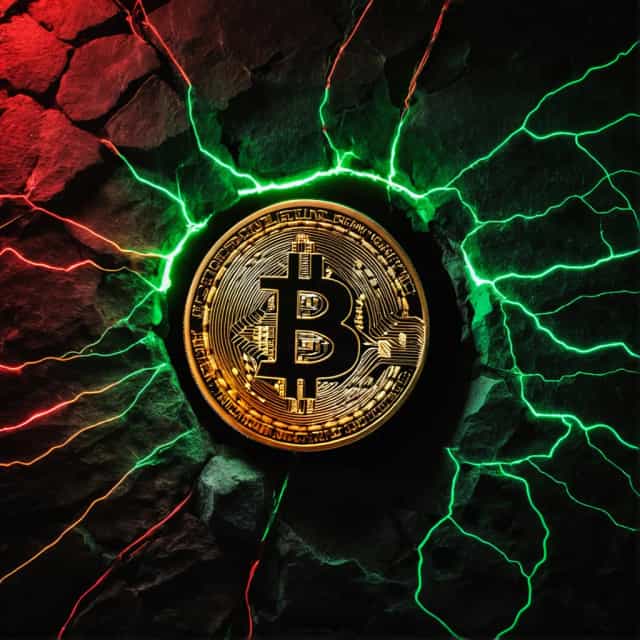
출처: Block Media
Senate Democrats Demand Answers on Binance Settlement, Trump Ties, and DOJ Oversight
Lawmakers Raise Concerns Over Binance Agreement and Trump Financial Links
Senate Democrats are calling for greater transparency and accountability from the Department of Justice (DOJ) following reports alleging the Trump administration may have weakened critical safeguards embedded in Binance's $4.3 billion settlement deal. These concerns stem from claims that the Trump family may have financial connections to Binance through World Liberty Financial, further complicating one of the most significant enforcement actions in cryptocurrency history.
Scrutiny of DOJ Accountability in Binance Case
On October 19, a report by CryptoTimes revealed that Senators Elizabeth Warren (D-Mass.), Mazie Hirono (D-Hawaii), and Richard Blumenthal (D-Conn.) penned a letter to DOJ official Pam Bondi. The letter raised important questions about whether Binance has adhered to the compliance requirements outlined in its 2023 guilty plea. This plea addressed charges ranging from money laundering and operating as an unlicensed money transmitter to sanctions violations.
Key inquiries posed by the senators include:
- Whether Binance's compliance with settlement conditions is actively being monitored.
- Whether executives at Binance discussed potential pardons for its former CEO, Changpeng Zhao.
- Whether Binance or World Liberty Financial proposed the launch of a new stablecoin during conversations with DOJ representatives.
These questions reflect growing concerns about the DOJ’s ability—or willingness—to ensure accountability in light of alleged financial ties to politically sensitive figures.
Suspicion of Trump-Binance Financial Ties Grows
Tensions escalated further following reports claiming Binance had lobbied to remove its independent compliance monitor, a safeguard designed to enforce the terms of its settlement. Warren, Hirono, and Blumenthal referred to revelations indicating that, as of May 2023, Donald Trump and family members had deepened their financial relationship with Binance via World Liberty Financial. These developments have amplified calls for stricter oversight of Binance’s activities.
The DOJ’s response in September provided only a broad summary of the settlement agreement and did not clarify whether Binance was fulfilling its compliance obligations. This lack of transparency was deemed insufficient by lawmakers, particularly given the reported financial links between Binance and Trump-affiliated entities. Highlighting the potential erosion of trust in federal enforcement actions, the senators warned that rescinding Binance’s compliance monitor would undermine the integrity of the cryptocurrency settlement—hinting at possible political influence.
Lawmakers Demand Detailed DOJ Explanation by October 2025
The senators stressed that DOJ officials must clarify these ambiguous matters by October 1, 2025. They argued that removing compliance monitoring from this high-profile settlement would compromise regulatory accountability in the cryptocurrency industry. Furthermore, it could cast doubt on the enforcement capability of regulatory agencies in overseeing large-scale digital asset firms with complex financial and political ties.
The Intersection of Politics, Corporate Influence, and Crypto Regulation
This controversy sheds light on the critical intersection of Washington politics, corporate leverage, and digital asset regulation. Binance's massive settlement and the financial connections allegedly tying the Trump family to Binance via World Liberty Financial highlight ongoing challenges in maintaining oversight and accountability in the rapidly evolving cryptocurrency sector. As lawmakers intensify their scrutiny of regulatory bodies, industry participants face mounting pressure to comply with increasingly stringent standards.
Broader Implications for Cryptocurrency Accountability
The unfolding Binance case is emblematic of broader debates surrounding ethical oversight, transparency, and enforcement within the cryptocurrency industry. It underscores the need for regulators to balance innovative market growth with rigorous safeguards to prevent misuse of digital assets in activities ranging from money laundering to political interference. Moving forward, the outcome of the DOJ's response may set a precedent for how regulators approach future enforcement actions in this dynamic sector.
For continuing developments, follow Block Media's Telegram channel or Google News.










